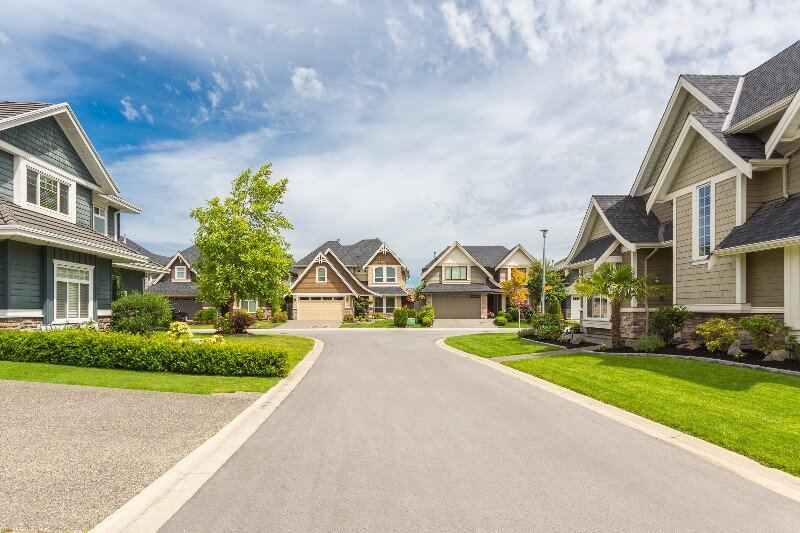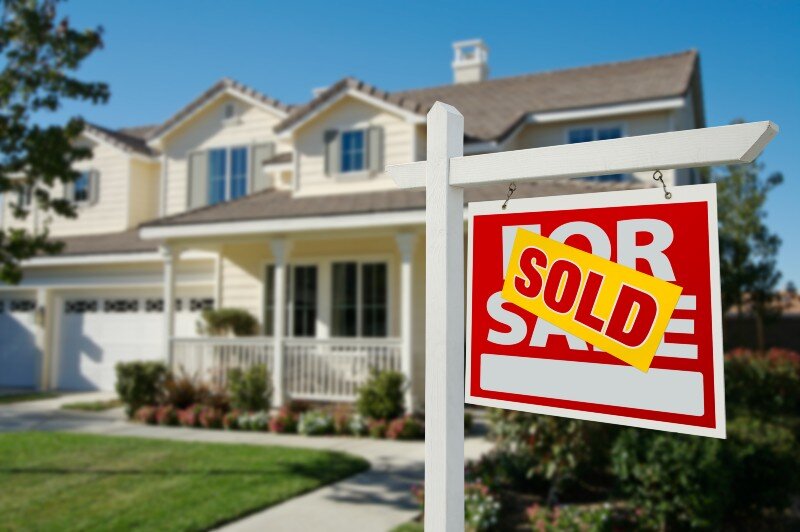
Most people who buy houses don’t intend to sell them immediately. However, there are times when it might be necessary. For example, let’s say you recently moved into a new home but find yourself needing to move due to a job relocation after a short amount of time. Or, perhaps, you simply need the money, but how soon can you sell a house after buying it?
You may wonder how soon you qualify for selling your home after buying it. That is what this article will address.
How Soon Can You Sell a House After Buying It
Whether you experience buyer’s remorse and want to move to a new home or your house experienced a natural disaster after you moved in, requiring expensive repairs and renovations, you can theoretically sell your home right away. No law prevents you from selling your home, even if you’ve only had homeownership for a short period.
You can sell it to pay bills for a health emergency, invest in new properties, or simply get cash to fund other expenses or investments. It doesn’t matter what your motive is.
However, that doesn’t mean it’s a bright idea. Several issues arise when homeowners sell a home too quickly, whether they planned to use it as a primary residence or a long-term investment property that they planned to sell only after market conditions improve and home prices in the area go up.
One issue is buyer perception. Many people will think that you are selling the home because you found a significant fault in it. That can make it challenging to get the fair market value for your home. Homebuyers may want a thorough home assessment and valuation to ensure the list price is reasonable and no significant flaws are forcing you to sell.
Of course, there are exceptions. If you are a house flipper, people will understand why you’re selling it so quickly. House flippers buy houses and sell them for higher than the original purchase prices all the time after making renovations and increasing the overall property value.
However, the main issue you will face is recuperating your closing costs. When buying the house, you probably paid your realtor a 2-5% commission. However, when selling the home, you will have to pay another 5-10% in selling costs, including a real estate agent commission of around 5-8%.
As an aside, avoiding real estate agent commissions is one of the advantages of selling your house by yourself.
Other costs include capital gains taxes and seller closing costs, such as a house inspection fee. If you wait a little before selling, on the other hand, your home’s value will likely appreciate.
Some people follow the five-year rule, but two years is the minimum you should wait when selling a primary residence, as it allows you to avoid the short-term capital gains tax.
You must pay capital gains taxes when selling a home, but you get a tax exemption of up to $250,000 if you have owned and used the house as your primary residence for two of the past five years.
If any of this sounds like you, check this website to sell my house fast Charlotte!

Laws When Selling a House After Buying It
No laws say you can’t sell a house right after buying it. However, there are still some laws to know about.
For example, you should familiarize yourself with the IRS laws regarding selling a home and paying capital gains taxes.
You should also double-check your mortgage contract, which may have a clause imposing a mortgage prepayment penalty if you pay off your mortgage balance and sell the house too quickly.
Mortgage lenders apply this penalty because they lose out on interest payments that you would have otherwise paid on your remaining loan balance if you had made monthly payments over several years.
Otherwise, any other laws that apply to selling a house also apply to you. You’ll need to transfer the deed, pay applicable federal and state property taxes, hire a lawyer to review the contract, etc.
What Is Negative Equity
One thing worth considering is the potential of negative home equity when selling a home too quickly. Negative equity is when your mortgage balance is higher than the actual price of your home.
For example, if you owe $250,000 on your mortgage, but your home’s value is only $200,000, you have a negative equity of $50,000.
Negative equity can occur at any time, especially when there is a housing market crash or a decline in real estate prices in your area. However, it can also happen if you sell a house soon after buying it when your mortgage balance is still close to the starting balance.
For example, let’s say you finance $240,000 of your $300,000 with a mortgage using a 4.176% interest rate. If your loan is a fixed 30-year loan, you will owe $1,803 every month, according to Zillow’s mortgage calculator.
However, let’s say your home suffered a fire or flood soon after you bought it. That automatically decreases your home’s value. Perhaps it’s only worth $200,000 as-is unless you invest in renovations and repairs. However, you don’t have the money to do that.
In that case, you have negative equity.
You build positive equity by paying off your mortgage. If you owe $200,000 on your mortgage, and your home’s value is $300,000, you will have a home equity value of $100,000. Negative equity is the opposite.
Another scenario in which negative equity can occur is if property prices drastically drop soon after you buy the home. Something significant would have to happen for that to occur, though. For example, a series of break-ins or violent crime incidents can suddenly make the neighborhood unattractive to potential buyers and decrease home prices.
How Can Negative Equity Impact Your Home Selling
It can be challenging to sell a home with negative equity. After all, who wants to buy a home with an attached mortgage that is more expensive than the actual home value?
Cash home buyers in North Carolina are your best bet when selling a home with negative equity. They may be able to take on the remainder of the mortgage, even if you can’t afford to pay it.
Perhaps they plan to invest in the home and flip it for a profit, although that is more likely if the negative equity was due to damage that you can’t afford to repair instead of declining property values in the area.
There are other options for selling a house with negative equity. A short sale is when the lender agrees to let you sell the home. Usually, they will forgive part or most of the loan, although you will need to provide a letter of hardship detailing your financial situation.
Another option is a deed in lieu of foreclosure. That involves giving your home up to the lender in exchange for them forgiving the rest of your debt. That allows you to avoid the scarier option, which is foreclosure.
With a deed in lieu of foreclosure, you not only avoid the drawn-out process of foreclosure, but you can save points on your credit score. You may also be able to lease the house from the lender until you find new housing.
Another option is simply staying in your home. Your lender may agree to change your monthly payment amount or suspend payments for a few months until you improve your financial situation.
Home prices may go up over the next few years, allowing you to regain equity. Fannie Mae predicts that while housing price growth will decelerate compared to its recent growth, it will continue growing. If you wait a few years, home prices may go up again, even if they are experiencing a decline.
While you may not have negative equity, it’s still a good idea to wait at least 2-5 years before you sell your home. There are two main exceptions, though, in which you should sell your home as quickly as possible.
The first is if home prices drastically increase in a short period. That can happen for various reasons, such as the announcement of a new housing development, shopping complex, or another development in the area that makes the area attractive to buyers.
In that case, selling your home right away might make sense, but only if you don’t expect home prices to increase even further or if you need the cash immediately.
Another case in which you should urgently sell your home is if you expect declining local property values in the near future. For example, if developers got approval for a new factory, it will pollute the area and be an eyesore. You might want to get out of there before property values really go down.
Conclusion
So, how soon can you sell a house after buying it?
While there is no law prohibiting you from selling a home right after buying it, it’s essential to make sure it’s worth it. The profit you make should cover your initial investment and additional closing costs, mortgage prepayment penalties, capital gains taxes, and other fees.
If you need to sell your house quickly, contact us. We buy houses Monroe and can help you get cash for your home in as little as a few weeks.
